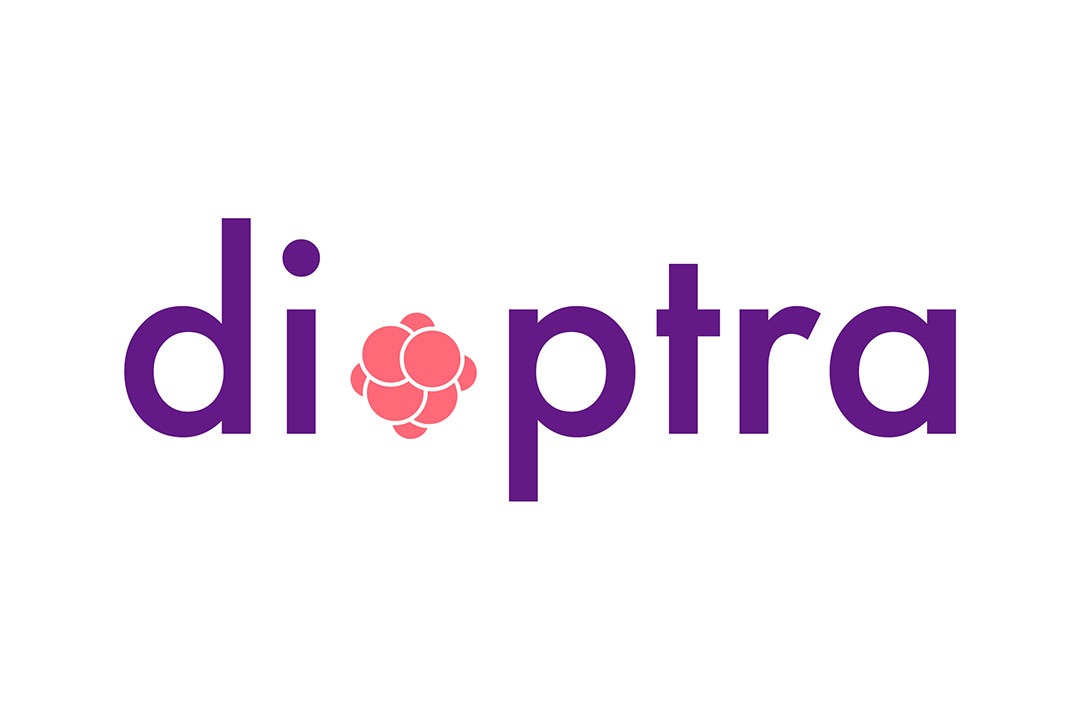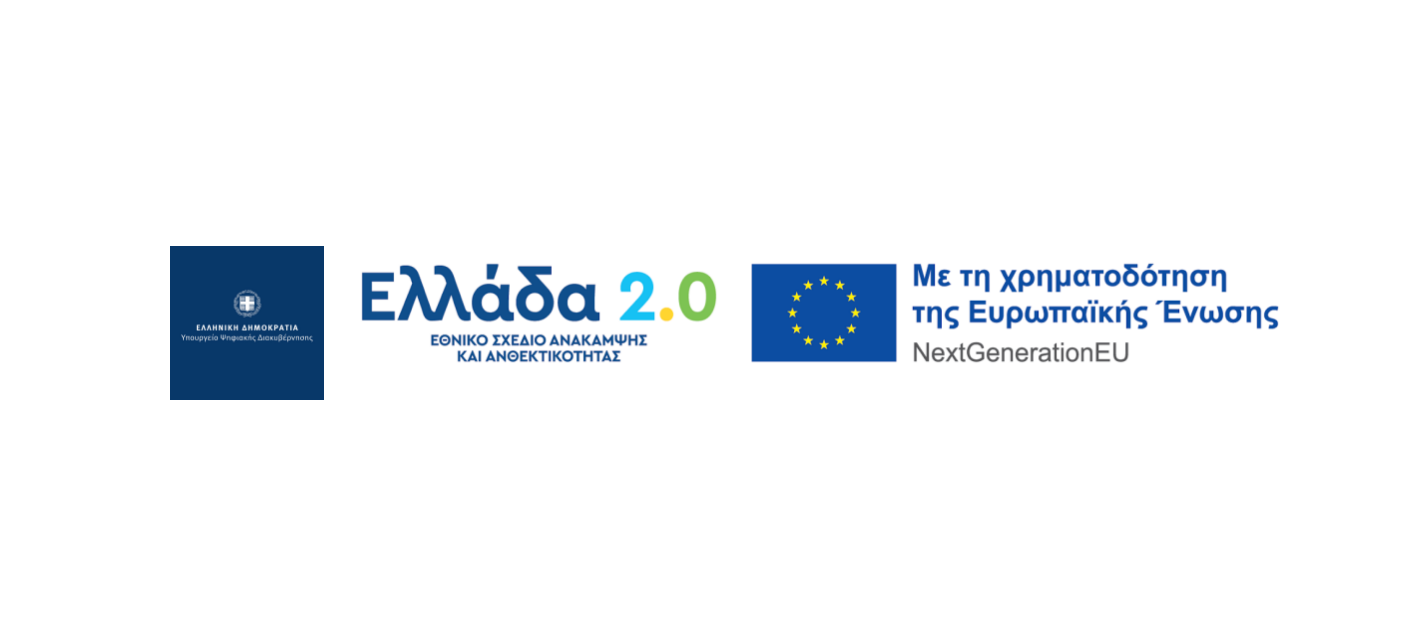Impactful Research & Innovation Projects
This is some of the projects we have been working with our esteemed partners. Take a look!

EO4EU - HORIZON-CL6-2021-GOVERNANCE-01-16 - AI-augmented ecosystem for Earth Observation data accessibility with Extended reality User Interfaces for Service and data exploitation
[Horizon Europe]
EO4EU focuses on improving access to Earth Observation (EO) data through AI-augmented tools and methodologies. It aims to make EO data more accessible to a wide range of users, from experts to everyday citizens, by enhancing data labeling, mapping, and processing. It also seeks to boost the EO data market through dynamic annotation and serverless processing using European Cloud and HPC infrastructures.

augMENTOR - 101061509 - HORIZON-CL2-2021-TRANSFORMATIONS-01-05 - Augmented Intelligence for Pedagogically Sustained Training and Education
[Horizon Europe - Technical Coordinator]
augMENTOR develops a new pedagogical framework that integrates AI to promote both basic skills and 21st-century competencies. It uses learning analytics and AI to provide personalized learning profiles and recommendations for educational stakeholders. It emphasizes critical thinking, explainable AI, and pedagogical design to create a balanced approach to individual and organizational learning.
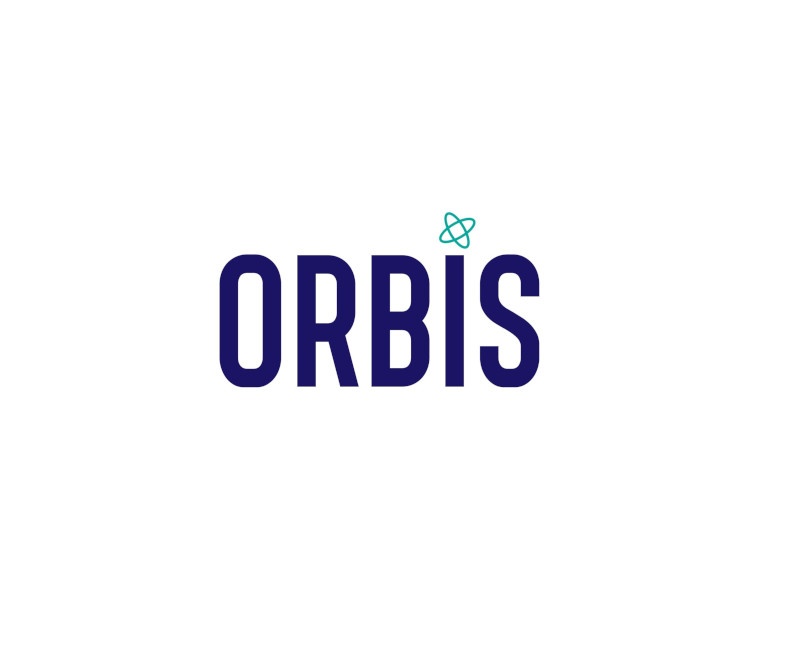
ORBIS - 101094765 - HORIZON-CL2-2022-DEMOCRACY-01-02 - Augmenting participation, co-creation, trust and transparency in Deliberative Democracy at all scales
[Horizon Europe - Technical Coordinator]
ORBIS promotes Deliberative Democracy by providing socio-technical solutions for inclusive and transparent democratic processes. It leverages AI-enhanced tools to facilitate deliberative participation and co-creation, aiming to bridge the gap between citizens and policy institutions. It tests democratic innovations in six real-world use cases to enhance civic participation.
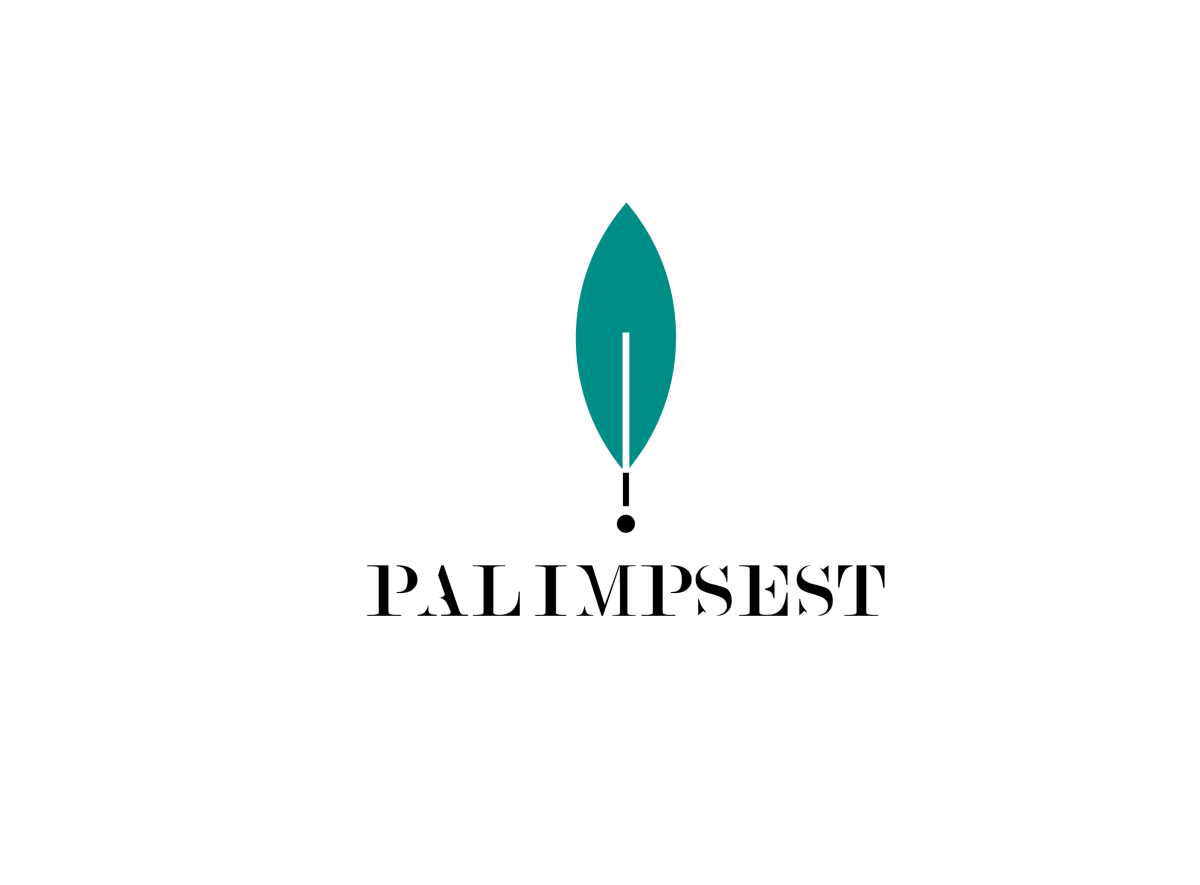
PALIMPSEST - 101095160 - HORIZON-CL2-2022-HERITAGE-01-10 - Creative drivers for sustainable living heritage landscapes
[Horizon Europe]
PALIMPSEST reimagines heritage landscapes by integrating creative practices with sustainability goals. It explores new ways to regenerate landscape sustainability through co-creation processes involving creative industries, local communities, and stakeholders. PALIMPSEST focuses on cultural identity and environmental challenges through pilots in Poland, Italy, and Spain.

BIO-STREAMS - 101080718 - HORIZON-HLTH-2022-STAYHLTH-01-05-two-stage-Multi-Pillar - Framework for children Anti-Obesity Behavior building on an EU biobank, Micro Moments and Mobile Recommendation Systems
[Horizon Europe]
BIO-STREAMS addresses childhood obesity by creating a biobank for health data to understand the transition from healthy to unhealthy metabolic states. It aims to improve diagnostic and therapeutic strategies, empower young citizens for weight management, and coordinate cross-sectoral health solutions. The project will also deliver obesity prevention guidelines and foster collaboration among authorities and policymakers.

Neuroclima - 101137711 - HORIZON-CL5-2023-D1-01-09 - Developing and assessing novel educational and user-centred actions towards scaling up behavioural change and climate resilience through an AI-enhanced solution
[Horizon Europe]
Neuroclima aims to foster climate resilience by establishing a Human-AI decision support system that connects citizens, policymakers, and public institutions. The system will monitor environmental changes and public concerns, creating a two-way dialogue to drive climate adaptation strategies. It focuses on citizen engagement and transparency to facilitate systemic change towards more resilient societies.
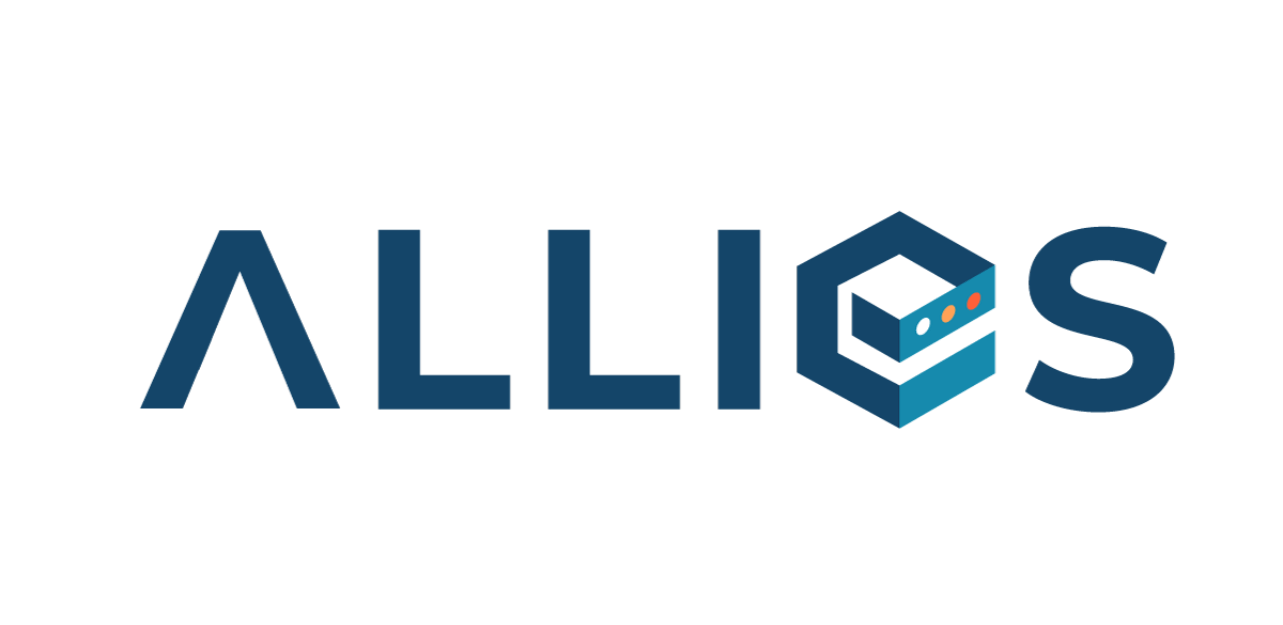
Allies - 101080090 - AI-based framework for supporting micro (and small) HSPs on the report and removal of online terrorist content Programme: ISF-2021-AG-TCO
[Internal Security Fund – Police (ISFP)]
The ALLIES project aims at supporting micro (and small) HSPs in achieving compliance with the new requirements and obligations under the TCO Regulation. To achieve this, ALLIES adopts four main approaches, each of which targeting skill development and innovation. These four pillars will be respectively focused on (1) learning and awareness raising, (2) technical development and adaptation, (3) training and education, and (4) experience sharing and reporting mechanisms. Both the learning and awareness raising initiatives will further expand the capacity of TCO Regulation by designing a taxonomy of online terrorist related behaviors. The second pillar will be focused on the development of a specific set of AI-boosted user-friendly tools that will enhance small HSPs capabilities on more accurately recognizing and removing suspicious content. The training and education aspects focus will not only rest on the TCO Regulation content, but also on familiarisation activities with the developed tools. The fourth approach aims at creating a safe online environment where end users anonymously share their experiences as well as useful data in addition to a risk assessment module and unified reporting form for terrorist-related contend and behaviour. Complementing and cooperating with each other, these four pillars will not only support HSPs, but will also contribute to the fulfilment of the TCO Regulation objectives.
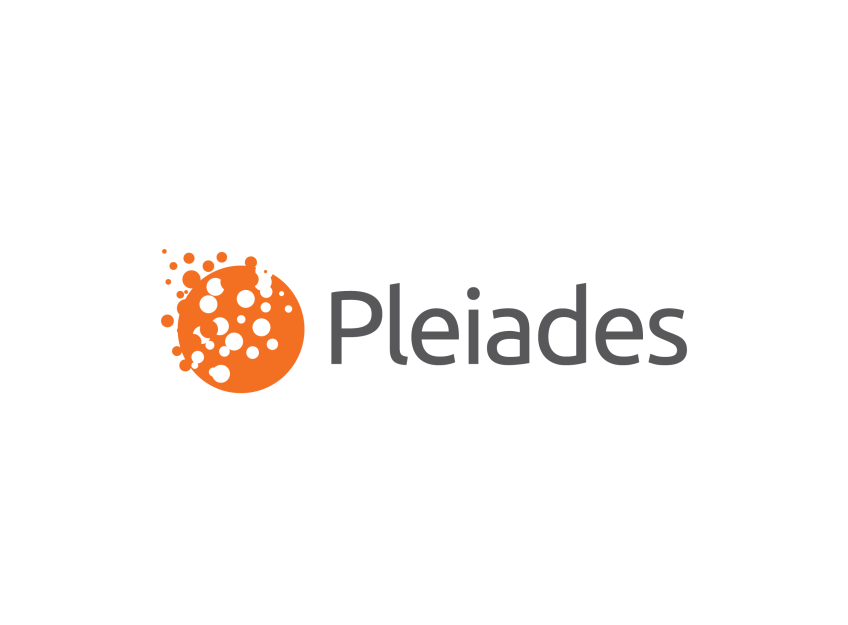
Pleione: Internet of Everything - 2CL-0364874
[General Secretariat of Research and Innovation (Greece) and the European Union ]
Novelcore as a member of the Pleiades Internet of Things (IoT) Innovation Cluster participates in the project Pleione: Internet of everything that is co-funded by the General Secretariat of Research and Innovation and the European Union, under the grant agreement ΓΓ2CL-0364874. The aim of the project is to operationalize the goal of developing the goals of the Smart City Council (SCC) as well as to modernize the participating organizations, bringing them to the 4th industrial revolution (Industry 4.0) through the work on the collaborative schemes for the implementation of vertical solutions. The implementation of the proposed project is expected to have the following important results: Providing a comprehensive horizontal IoT platform to support and enhance vertical solutions and services. Creating an open data ecosystem. Creating a mature research framework for the study of modern IoT communication technologies. Highlighting synergies and establishing an open collaboration network. Sustainable connection of research with quality innovative entrepreneurship. The Pleiades IoT Innovation Cluster focuses on Internet of Things technologies to introduce new business models, improve the delivery of services, increase efficiency in production, and to enhance wellbeing and integrated services, such as application-monitoring and activity-monitoring devices.

